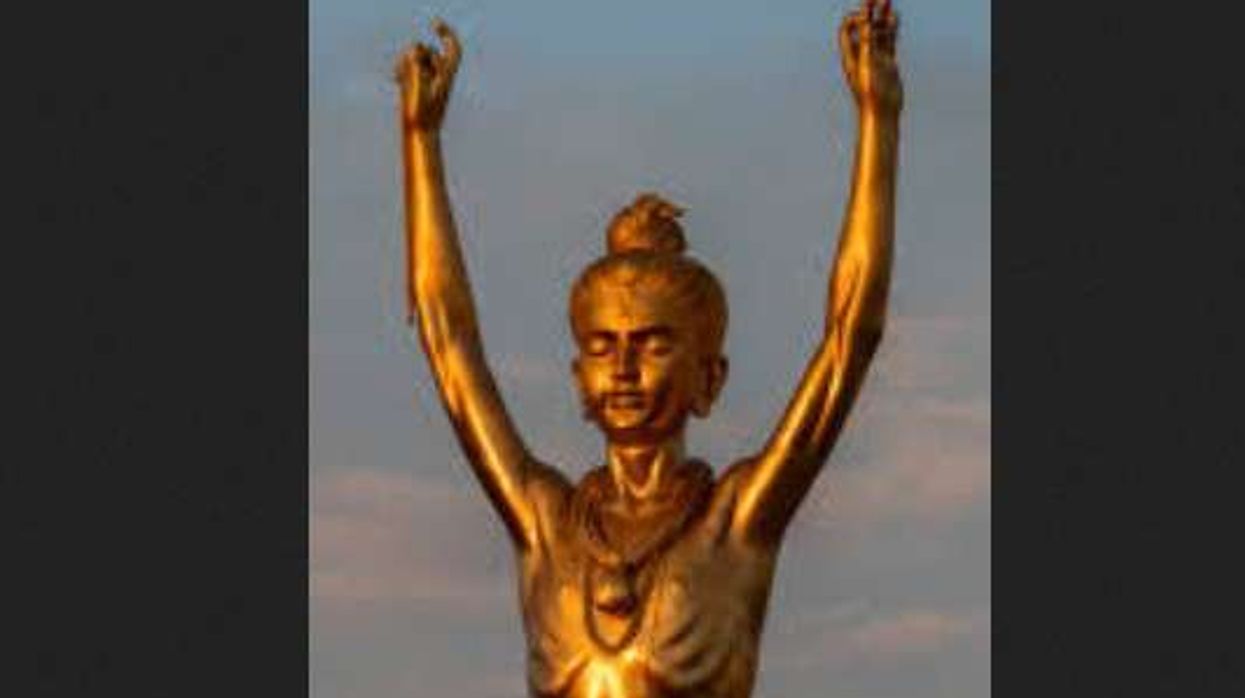Starting the day with a glass of warm water is a habit many people follow. It is believed that this morning habit can play a major role in promoting good health. It also supposedly has numerous health benefits including “promoting weight loss, aiding digestion, and even stimulating the kidney for active filtration,” the Indian Express reports.
A warm glass of water, first thing in the morning can help to flush out any residue that may be in the food pipe after it digests the food from the previous day, the Health Site informs.
Lukewarm water also reportedly helps to remove any accumulated fats or oils which your body tends to retain from all the junk foods you may have consumed the day before.
Taking to Instagram, Dr Vaishali Shukla, the founder of Vedamrit which offers Ayurveda solutions states that the “right way to drink warm water is to reduce two cups of water to 1 cup, let it cool down, and then drink.”
She adds, “If this isn’t possible to be done empty stomach in the morning, one can boil ½ tsp dry ginger powder or 1-inch dry ginger stick in 2 cups of water and reduce it to half. Drink it between breakfast and lunch. In the morning, one can still continue with regular warm water, without a reduction to half.”
Sipping on a glass of warm water first thing in the morning can also provide relief to those suffering from issues like constipation which can be caused by dehydration.
Drinking warm water reportedly helps the intestines to contract and when this happens, food waste in the intestines is expelled from the body easily. Therefore, drinking hot water every day in the morning can reportedly aid in keeping your bowel movements regular.
Cleveland Clinic informs that drinking warm water in the morning can help with constipation, because “your gastrointestinal (GI) tract is one big muscle, so the heat of the water relaxes your GI tract a bit to help things like constipation.”
However, slightly disagreeing that one needs to drink only warm water, integrative nutritionist, and Ayurveda expert Karishma Shah reportedly said, “there is no difference in the effects of drinking warm water or regular water or cold water. Any temperature water is fine, as long as you drink water after waking up.”
Agreeing with Karishma, Dr Pradeep Rao, director, and head of the department of urology at Global Hospital, Mumbai, India states that the temperature of the water you drink in the morning does not make much of a difference.
He is quoted as saying, “Drinking water at different temperatures (hot or cold) usually has no effect on the body. That is because by the time it reaches the stomach lining the temperature has already reached body temperature. So, when people say that drinking warm water in the morning helps the body, that is a myth.”
According to the expert, staying hydrated is important and not the temperature. However, he advises avoiding cold water when you have a bad cold because it can affect the upper respiratory tract.
He adds, “But, it goes without saying that the body requires more water in summer. Again, the temperature of the water does not really play a role, what matters is that you keep the body hydrated.”












